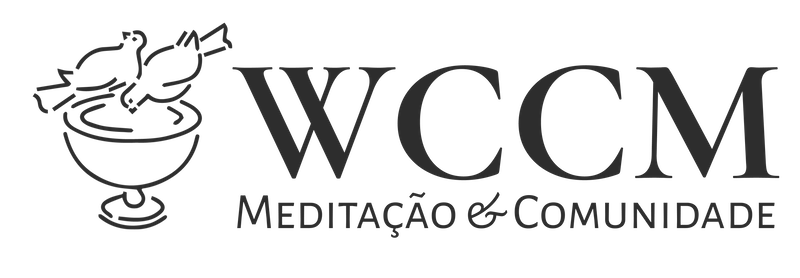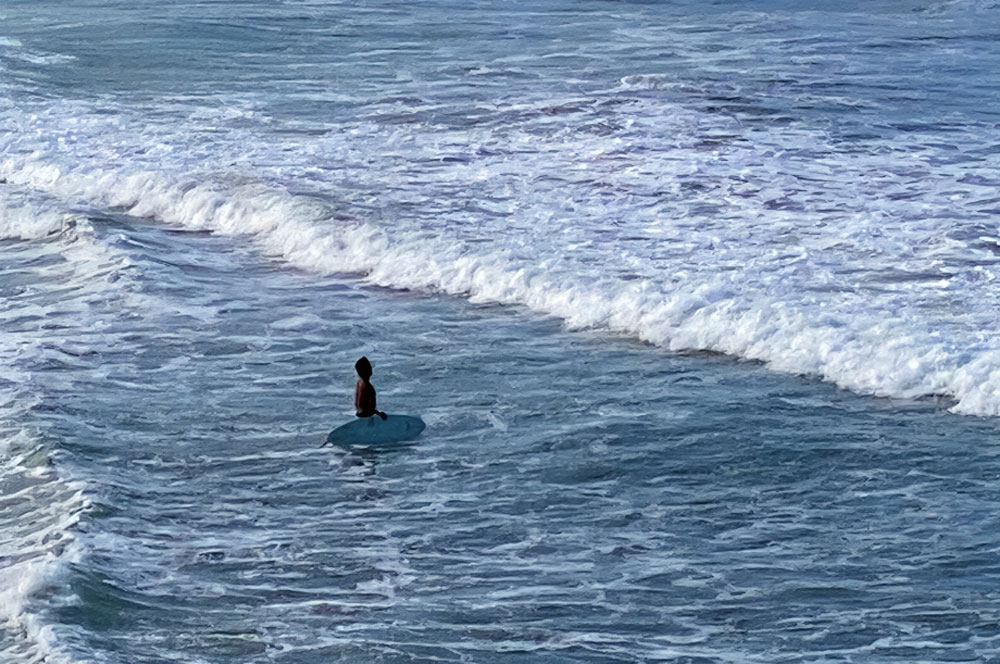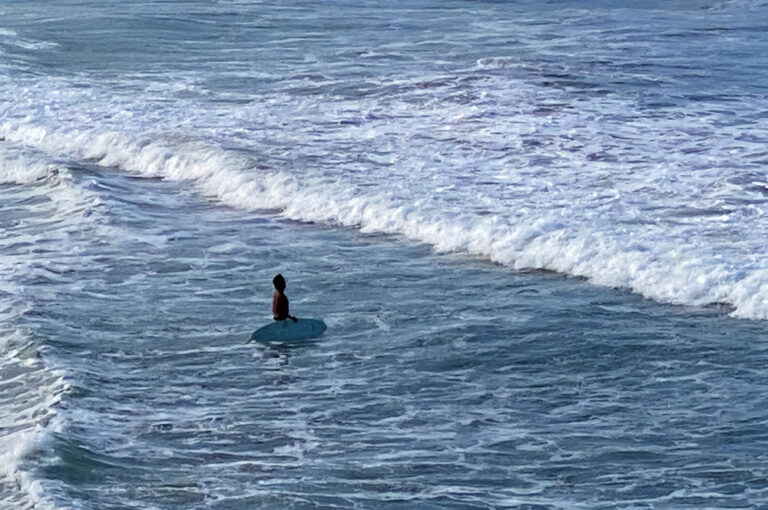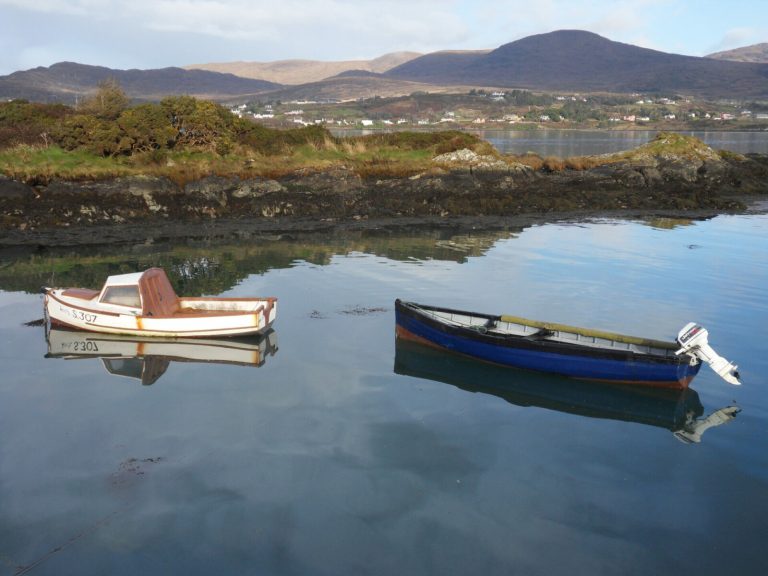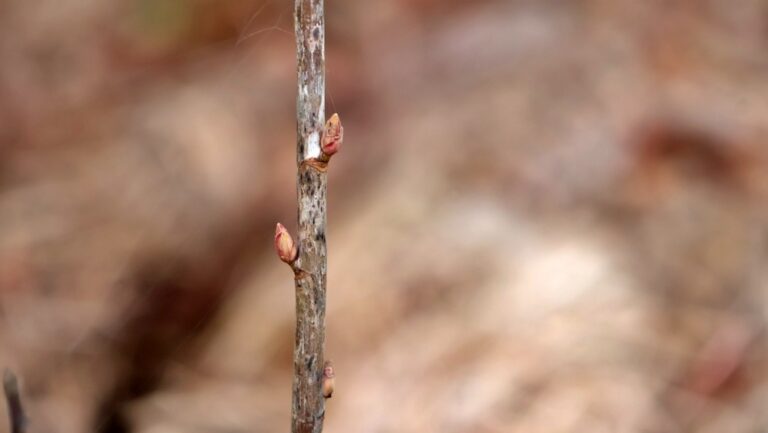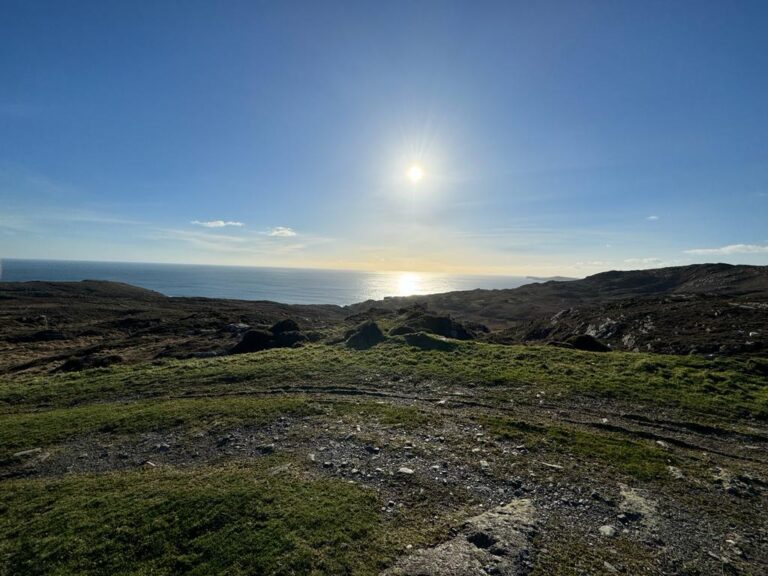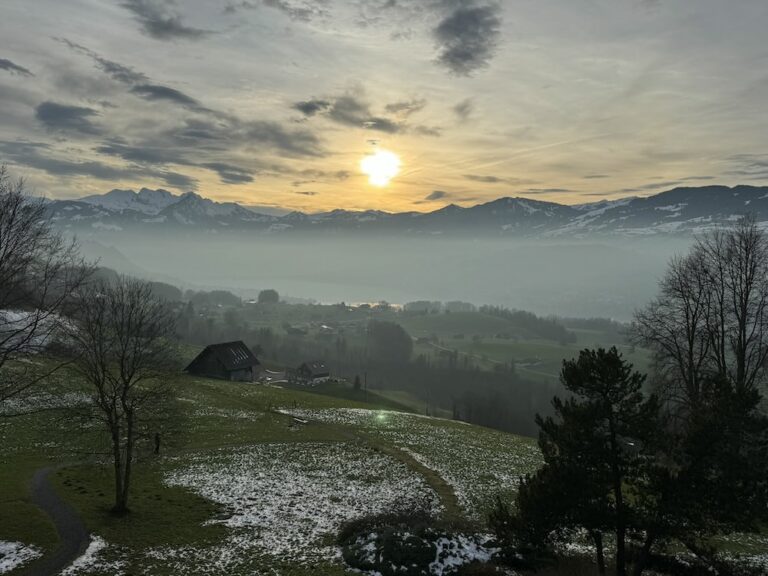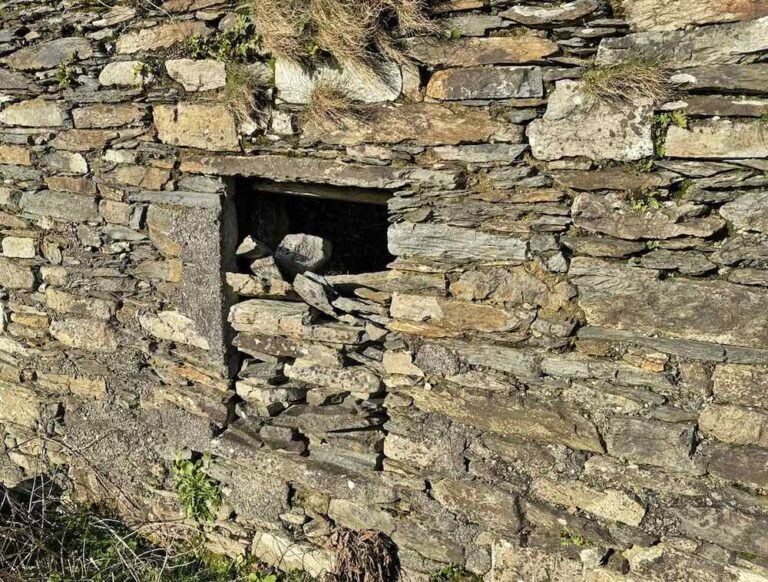Quarta-feira da segunda semana da Quaresma
Quando era muito jovem, Teillhard de Chardin ficou profundamente preocupado com a natureza transitória do mundo. Talvez ele tenha tido a primeira consciência da morte, que pode ser uma onda de consciência para uma criança. Talvez tivesse ouvido São João: “o mundo está passando junto com os seus desejos”. É uma visão impressionante. Não apenas o mundo, os eventos, as pessoas, os objetos, os padrões que estamos acostumados a passar, mas também o próprio desejo. O que ansiamos hoje com intensidade insuportável, amanhã se tornará uma reflexão tardia. Aténossas mentes e sentimentos estão em fluxo.
A resposta de Teillhard à sua ansiedade de transitoriedade foi procurar o que no mundo era fixo e sólido. Ele investigou a natureza de uma forma que o levou ao seu trabalho futuro. Ao descobrir que até as montanhas passam, sua busca tomou um rumo mais profundo.
Em nossa cultura, estamos habituados à transitoriedade e à novidade. Na rápida sucessão de novas coisas, mensagens, pessoas, atividades, há pouco espaço para lamentar. Mas quando perdemos alguém ou algo que amamos, que é verdadeiramente insubstituível, o vazio de sentido nos atacará ferozmente. Perguntamos: ‘É nisso que tudo se resume?’
Em vez de procurar a permanência e descobrir a transitoriedade, poderíamos ponderar o significado da mudança. Descobrimos que, num certo modo de ver, a mudança é a única constante. Nesse paradoxo encontramos um portal de mistério e a nossa busca muda para outra perspectiva. Não buscamos respostas ou explicações, buscamos Deus, percebendo eventualmente que Deus não é nada disso.
A partir dessa mudança de ver as coisas desenvolvemos um autoconhecimento mais profundo. Isto leva a horizontes onde a autoconsciência se funde com o conhecimento de Deus, mesmo com uma sensação inicialmente perturbadora de que é o conhecimento que Deus tem de nós que é o ponto de partida de toda busca.
Ao pensarmos em nós mesmos historicamente, vemos como mudamos ao longo do tempo e também como não mudamos.
Em vez de vermos a nossa experiência de vida como episódios sucessivos ou como quadros de um vídeo, surge uma sensação de totalidade. Não podemos ver o começo, embora saibamos que houve um. Nem podemos ver o fim, embora saibamos que haverá um. No entanto, sentimos como eles estão conectados. Será a nossa totalidade em evolução, ainda não completa, que é a permanência que procuramos?
Voltemos ao corpo. O corpo é nosso fiel lembrete de mutabilidade. É a chave para compreender o Cristianismo; na verdade, é a sua “linguagem sagrada”. Com o corpo e à luz da totalidade emergente do nosso eu, posso dar algum sentido às referências à vida eterna e à imortalidade nas escrituras, como esta: “Pois os nossos corpos moribundos devem ser transformados em corpos que nunca morrerão; nossos corpos mortais devem ser transformados em corpos imortais” (ICor 15:53)
Então, quando a totalidade for finalmente alcançada, o modelo mais recente do nosso corpo, a edição final, será lançado?
Texto original
Wednesday Second Week of Lent
When he was very young Teillhard de Chardin became deeply anxious about the transient nature of the world. Perhaps he had had his first awareness of death which can be a surge of consciousness for a child. Maybe he had heard St John: ‘the world is passing away along with its desires’. It is a striking insight. Not only is the world, events, people, objects, patterns we are accustomed to passing but also desire itself. What we long for today with unbearable intensity diminishes to an afterthought tomorrow. Even our minds and feelings are in flux.
Teillhard’s response to his anxiety of transience was to seek what in the world was fixed and solid. He investigated nature in a way that led to his future work. Discovering that even mountains pass away his search took its deeper direction.
In our culture we are habituated to transience and novelty. In the rapid succession of new things, messages, people, activities, there is little space to mourn. But when we lose someone or something that we love, which is truly irreplaceable, the void of meaning will attack us ferociously. We ask, ‘Is this what it all comes to?’
Rather than looking for permanence and discovering transience, we could ponder the meaning of change. We discover that, in a certain way of seeing, change is the only constant. In that paradox we find a portal of mystery and our search shifts into another perspective. We seek not answers or explanations but God, realising eventually that God is neither of these.
From this change of seeing things we develop deeper self-knowledge. This leads to horizons where self-awareness merges with the knowledge of God, even with an at first disturbing sense that it is God’s knowledge of us is that is the starting point of every search.
As we think of ourselves historically, we see how we have changed over time and also how we haven’t.
Instead of seeing our experience of life as successive episodes or like the frames of a video, a sense of wholeness emerges. We can’t see the beginning, though we know there was one. Nor can we see the end though we know there will be one. Yet we feel how they are connected. Is it our evolving wholeness, still not complete, that is the permanence we seek?
Bring back the body. The body is our faithful reminder of changeability. It is the key to understanding Christianity, in fact it is its ‘sacred language’. With the body and in the light of the emerging wholeness of our self, I can make some sense of the references to eternal life and immortality in the scriptures, like this: ‘For our dying bodies must be transformed into bodies that will never die; our mortal bodies must be transformed into immortal bodies’ (ICor 15:53)
So, when wholeness is eventually achieved, the latest model of our body, the final issue, is released?
